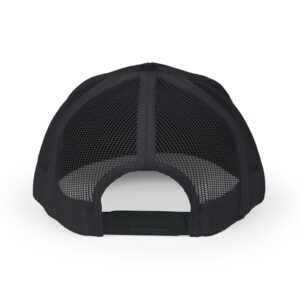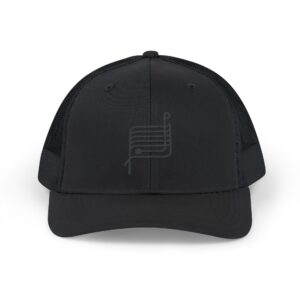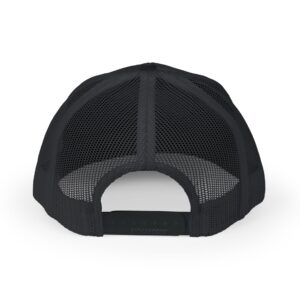Picture this: You’re a nurse, calmly telling a patient, “We need to monitor your vitals,” while they’re looking at you like you’ve just suggested they juggle chainsaws. If there’s one thing that can make a patient’s eyes widen in confusion, it’s medical jargon. Let’s decode the language and translate it into something a bit more patient-friendly—while sharing a laugh or two along the way!
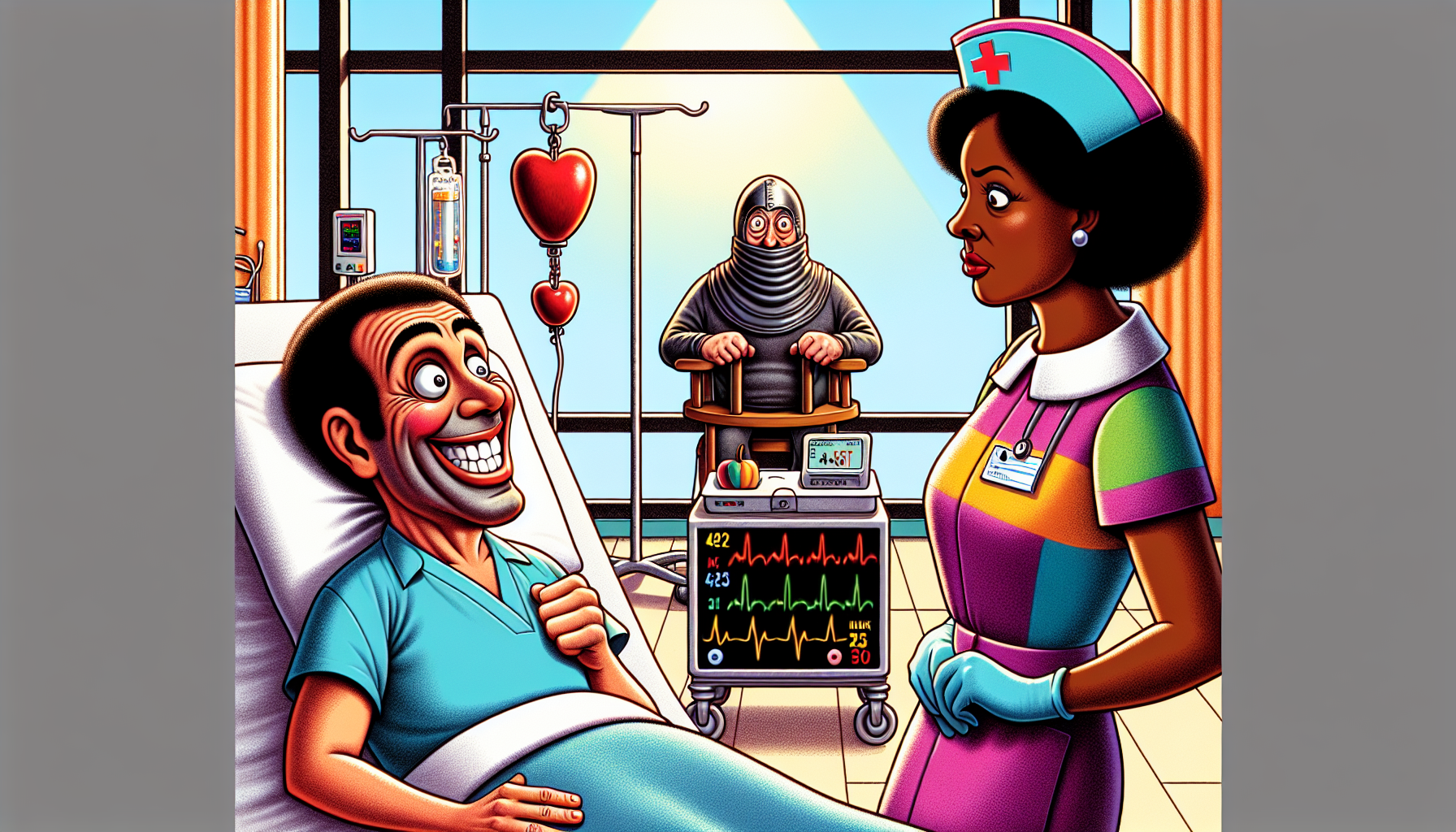
Nursing is filled with jargon that can sound like a secret language. This isn’t just our fault; it’s part of the gig! Here’s a reality check: while the medical terms help us talk shop quickly, they can leave patients feeling anxious and bewildered. So, let’s dive into some common expressions and what patients really think they mean.
Common Nurse Jargon Translations
“We need to monitor your vitals.”
- What Patients Think: “Are you going to leave me alone with all those beeping machines?!”
- What Nurses Mean: “Don’t worry, we’re just keeping an eye on those numbers to make sure you’re as good as gold.”
Being a nurse involves lots of monitoring, and while our gadgets are impressive, they can seem intimidating. You can always add some humor, like “Those machines just want to be your friends!”
“Your lab results are pending.”
- What Patients Think: “I’m never going to find out what’s wrong!”
- What Nurses Mean: “Hang tight! We’re all playing the waiting game—it’s a real nail-biter.”
In reality, we’re just as anxious for those results! Turning the angst into a relatable moment can ease the tension.
“You’re going to feel a little prick.”
- What Patients Think: “They’re going to stab me!”
- What Nurses Mean: “It’s gonna be a quick poke and done! I promise it won’t hurt more than stepping on a Lego!”
A little humor goes a long way in these situations, because who doesn’t know the agony of stepping on a tiny toy?!
“Let’s do a full assessment.”
- What Patients Think: “Am I about to be interrogated?”
- What Nurses Mean: “I’m just gathering information to help you out—think of it like a mini quiz about you!”
This is a chance to engage them! You can blend humor with care by saying something like, “Don’t worry; I’m not taking points off for wrong answers!”
“We’ll adjust your medications.”
- What Patients Think: “Are you going to change everything?”
- What Nurses Mean: “We’re tweaking things to make sure they work even better for you.”
It’s about reallocation! Reassure patients that you’re making their medications as effective as possible.
The Importance of Clear Communication
Misunderstandings can lead to unnecessary anxiety or, worse, non-compliance with treatment. A 2016 study found that clear communication in healthcare settings significantly improves patient outcomes. So, we definitely want to knock those communication barriers down! Here’s why:
- Better Relationships: Open dialogue fosters trust. Patients feel more comfortable sharing their concerns when they understand care.
- Fewer Errors: Clarity reduces the chance of mistakes, giving nurses and patients alike peace of mind.
- Patient Satisfaction: Let’s face it, happy patients mean happy nurses!
Tips for Nurses: Bridging the Jargon Gap
- Simplify Language: Keep it real and relatable! Eschew the technical speak and talk to your patients as you would your friends.
- Encourage Questions: Create an inviting atmosphere. Let patients know it’s cool to ask any question—even the silly ones!
- Use Analogies: Relate medical concepts to everyday things. For example, explaining blood pressure as “the force of a garden hose pushing water through its pipes” can be a hit.
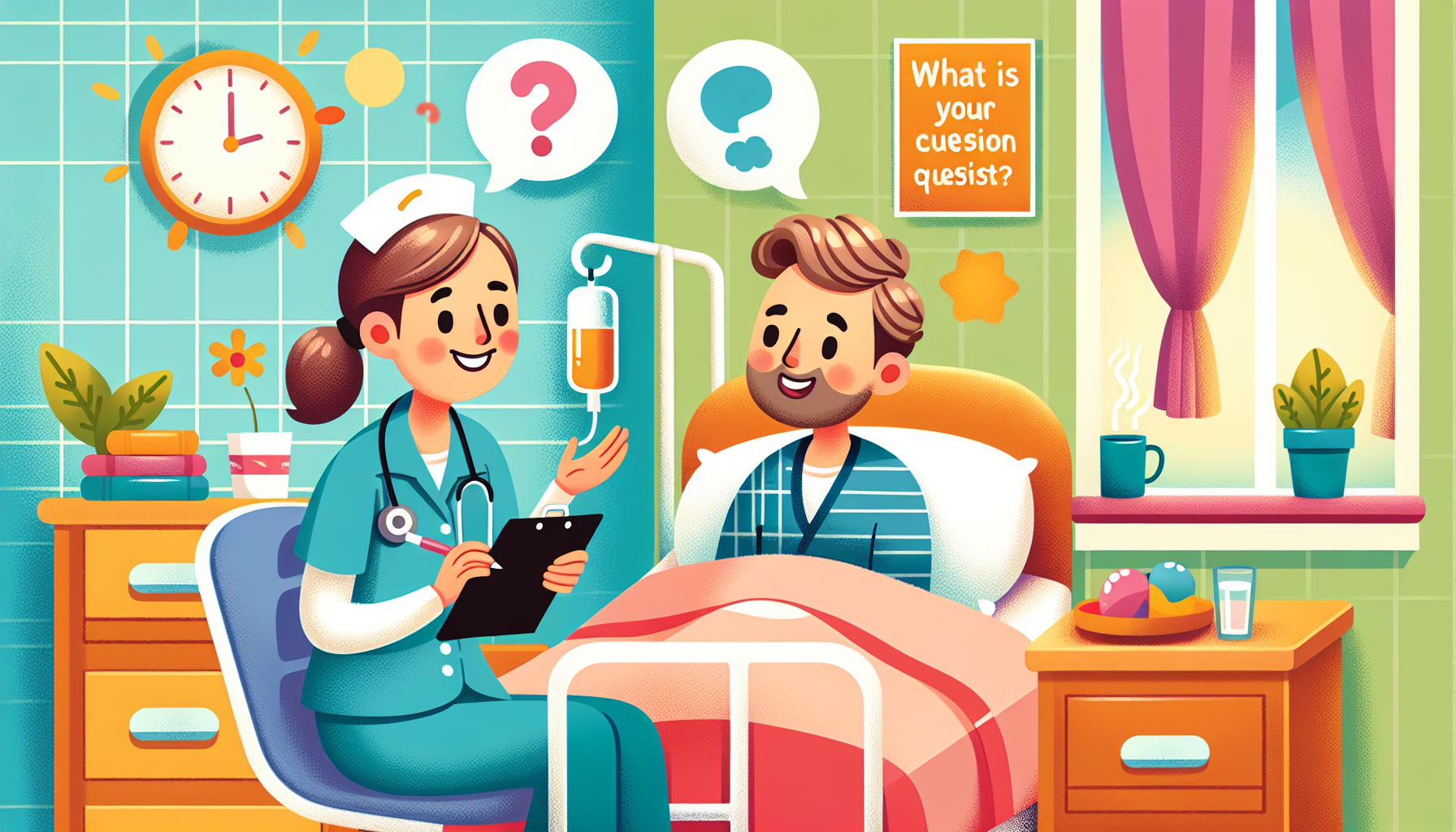
Fun Engagement: Jargon Challenge
Now, it’s your turn! Think of the funniest or most outrageous misunderstanding you’ve faced with nurse jargon. Comment below and let’s share the laughs! What’s the wildest thing your patient thought you meant when you used a medical term?
And why not challenge your nursing friends? Put together your own translations of common nursing terms that your patients butchered! We might even feature the best ones in a follow-up post—nurse humor is meant to be shared!
Recap and Reflect
While we need our lingo to communicate effectively and do our jobs, a sprinkle of humor and a dollop of empathy can create a solid nurse-patient relationship. Remember, medical jargon shouldn’t put a wall between us and our patients; it should merely be a bridge we can reinforce through communication.
If you’re ready to enhance your nursing journey, be sure to visit That Nurse Life. Stock up on educational materials and stylish apparel that remind you (and others) of the incredible superhero you are. Keep rocking those scrubs and making a difference, one patient at a time!





